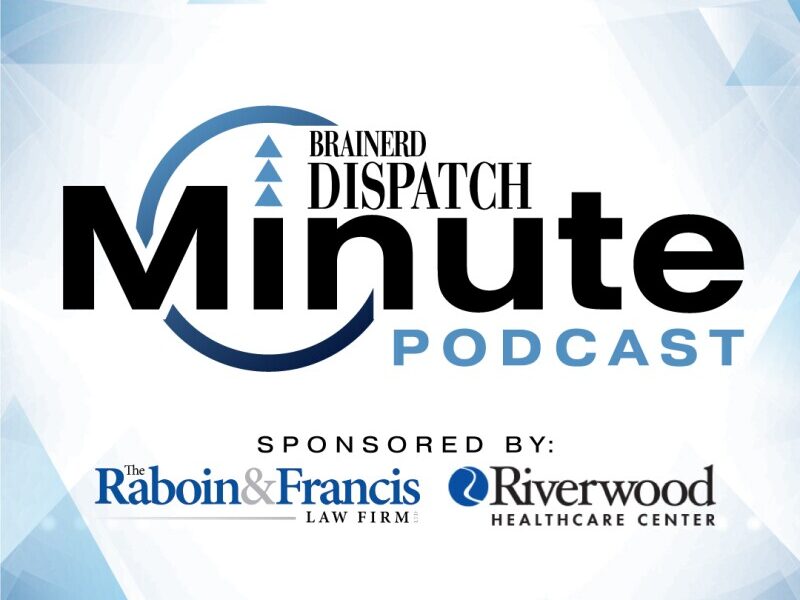UPDATE: The Massachusetts House of Representatives has just passed a landmark bill aimed at enhancing financial literacy among students, approving it by a unanimous 155-0 vote. The legislation, known as H 4670, establishes a Financial Literacy Trust Fund to educate middle- and high-school students on essential financial skills, and is set to move to the Senate for further consideration.
This initiative comes at a critical time, as many young people graduate without a solid understanding of crucial financial concepts such as credit, loans, and budgeting. “Too many young people graduate without understanding how credit, loans, or savings work,” said Rep. Patrick Kearney (D-Scituate). The bill requires school districts to implement personal financial literacy instruction starting in the 2026 school year, covering topics like budgeting, taxes, and consumer protection.
In addition to the financial literacy measures, the House also passed a bill to facilitate easier access to the State Seal of Biliteracy for students, ensuring that bilingual individuals receive recognition for their language proficiency. This bill also received a 155-0 vote, highlighting the legislature’s commitment to inclusivity.
Another significant development included the passage of legislation aimed at improving teacher preparation and student literacy, which also passed unanimously. The bill seeks to ensure that school districts adopt high-quality literacy curricula for grades K-3, reflecting scientific research methods proven to boost learning outcomes.
Amid these educational advancements, the House voted on an amendment concerning the education workforce in public schools, which sparked debate. Opponents of the amendment, including Rep. Brad Jones (R-North Reading), voiced concerns about the potential influence of teachers’ unions in determining staffing for literacy programs.
These legislative efforts come alongside ongoing discussions around funding for the Supplemental Nutrition Assistance Program (SNAP), critical for over one million residents in Massachusetts. As the federal government shutdown continues, state lawmakers are urging action to secure SNAP funding to avoid jeopardizing food security for vulnerable populations.
As these initiatives unfold, the House is also moving forward with a bill that would amend eligibility criteria for disabled veterans to receive a veteran’s license plate, expanding recognition to include those suffering from mental disabilities due to service.
The urgency of these developments cannot be overstated. With education and welfare hanging in the balance, Massachusetts legislators are taking proactive steps to address the needs of their constituents. The Senate’s response is awaited, and advocates are hopeful these bills will gain traction to enact meaningful change.
Stay tuned for updates on these crucial legislative matters as they progress through the State Senate.






